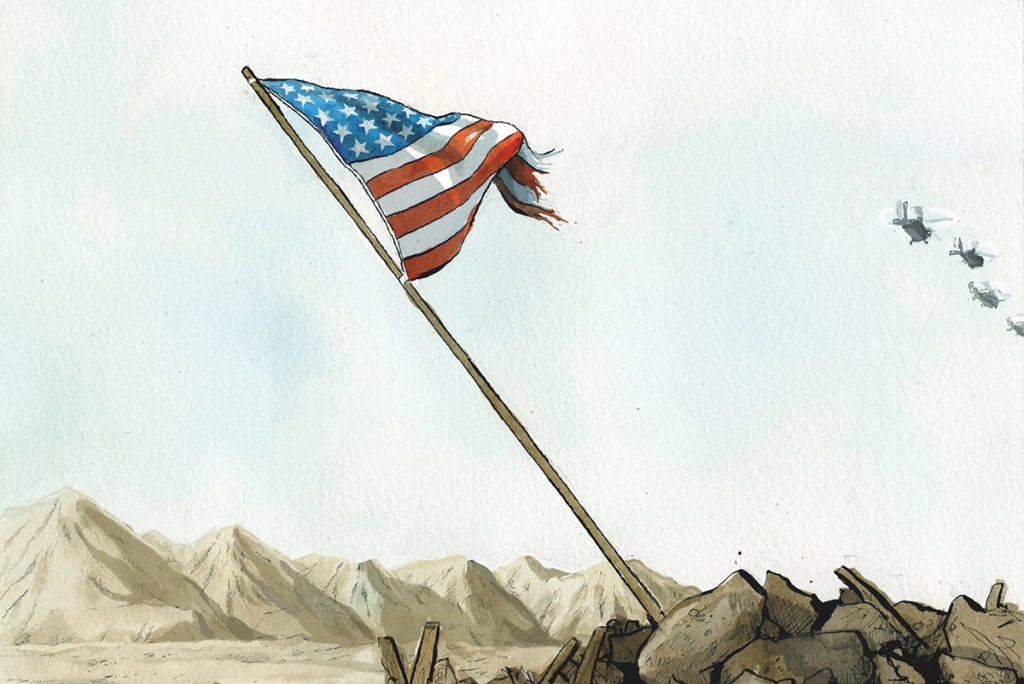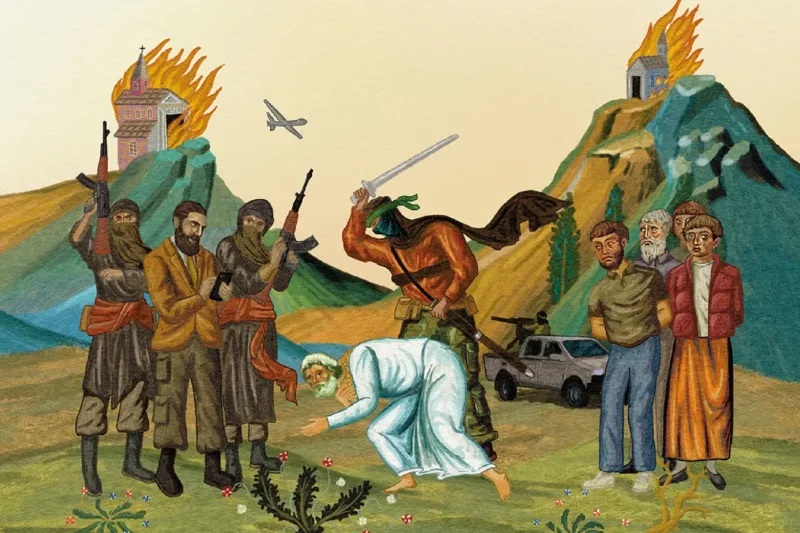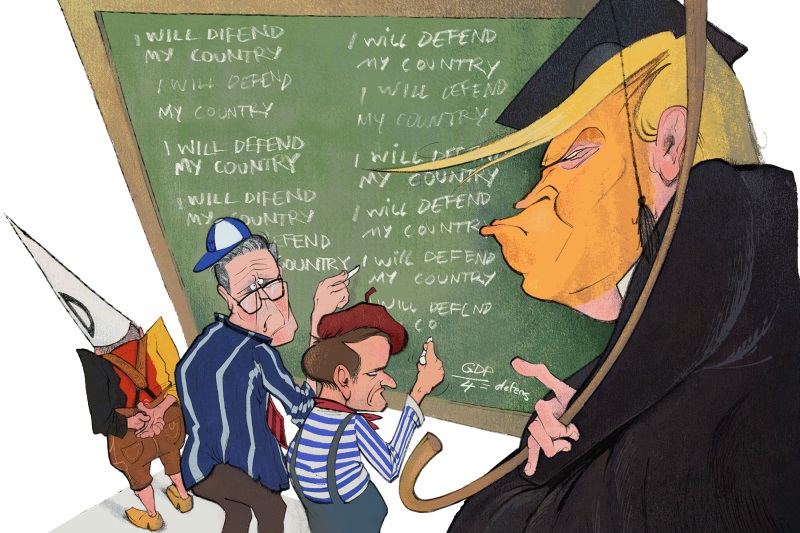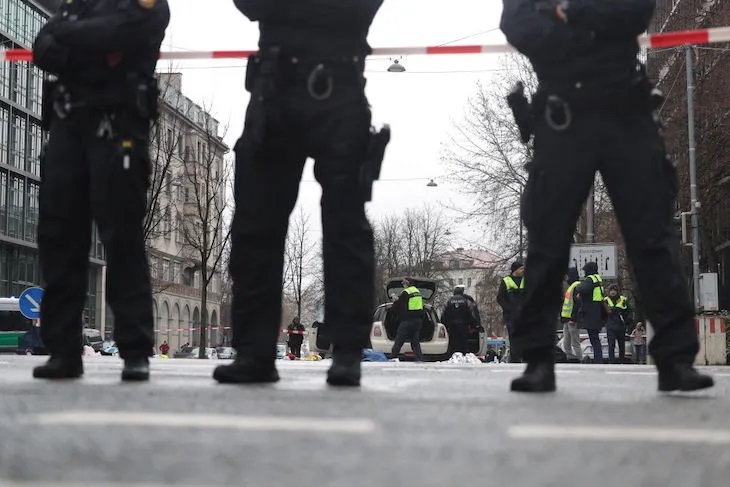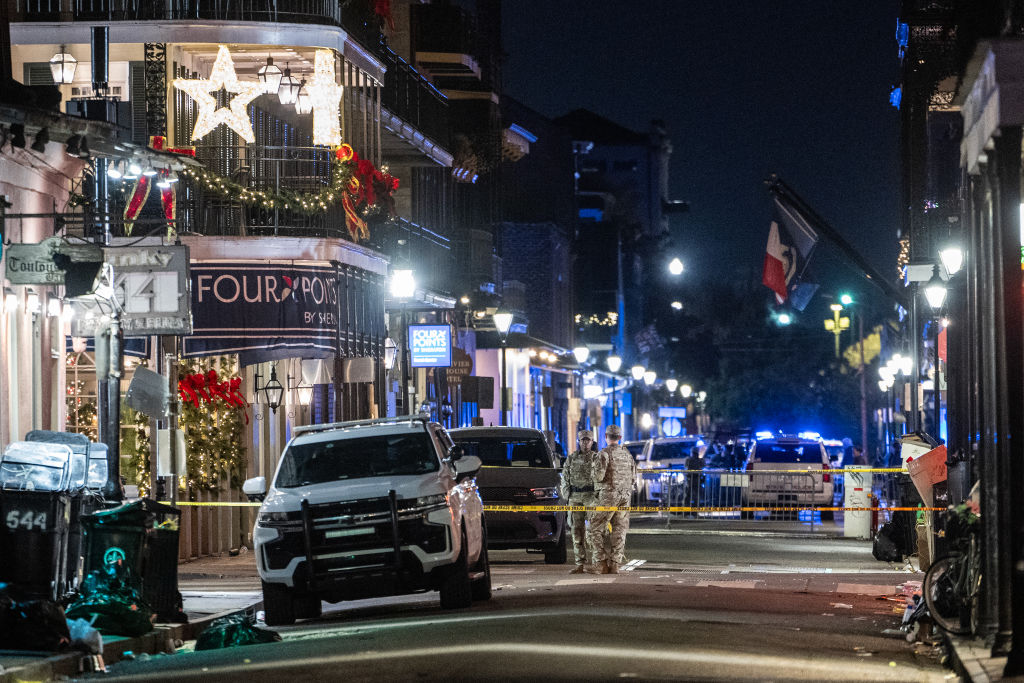The 20th anniversary of 9/11 will come in a matter of days. It will be marked by the victory of the Taliban in Kabul and the humiliation of America.
The war in Afghanistan was one of the largest-ever undertakings of any major country, in any era. Adjusted for inflation, the Apollo Moon landing program cost the United States close to $300 billion. The Manhattan Project cost $30 billion. The Interstate Highway System, about $500 billion. Those three mammoth projects are dwarfed by the cost of 20 years fighting in Afghanistan, which will well exceed a trillion dollars when all is said and done. The amount spent on Afghan nation-building surpassed the cost of the Marshall Plan in 2014 and kept rising inexorably for seven years more. By the end of the Afghan war there were troops fighting in it who were born after it began. There are officers and diplomats and humanitarians who have expended whole careers on the Afghan effort. Two thousand three hundred and seventy-two American military personnel have been killed.
It was all for nothing. This summer, the Afghan army, trained at vast expense, collapsed in a month despite superior armament and superior numbers. The Afghan state, molded in the image and likeness of the American one, folded just as quickly.
But it wasn’t just Afghanistan that went wrong. For America the superpower, seemingly everything has been downhill since that awful Tuesday morning 20 years ago. 9/11 came at the worst possible time for the United States. It was at the apex of its post-World War Two power. It produced a quarter of world economic output. It possessed overwhelming military strength. Such a moment could never have lasted, but American hubris ensured that, after 9/11, its dominance waned faster than that of almost any other empire in history.
How should a competent superpower have responded to the appalling provocation of the September 11 attacks? A proper sense of scale might have helped. The horrors of 9/11 cried out for retaliation: the death or capture of Osama bin Laden and his fellow plotters. But a responsible superpower would have stopped there, not embarked on a poorly defined, inherently unwinnable global crusade against ‘terrorism’ or ‘Islamofascism’. A responsible superpower would have carefully protected its liberties and its dignity, rather than permanently yielding them to an unaccountable bureaucracy in a fit of panic. Above all, whatever it did, a responsible superpower would have carefully shepherded its resources, aware that even the greatest riches can be squandered.
Suffice it to say that America did not behave as a competent superpower from September 12 onward. Instead, Osama bin Laden’s attack triggered America’s worst neuroses and bad habits, ailments that may bring it to ruin. America gave in to the worst temptation of any great power — to believe blindly in its own strength. Its leaders were almost giddy as they launched a ‘global war on terror’, or as some puffed-up pundits called it, ‘World War Three’. But from Afghanistan to Iraq to Libya to Syria, every military intervention became less fruitful than promised and each left America’s reputation diminished instead of strengthened.
The airport security theater of the Transportation Security Administration (TSA) is expensive, irritating, soul-destroying and largely useless, yet it has persisted for 20 years and by all appearances will join death and taxes as an eternal fixture of reality. Speaking of taxes, the massive surge of military spending coupled with Bush’s first-term tax cuts turned the budget surpluses of the late Clinton years into permanent deficits. Soon America will be so indebted that it will no longer have the freedom to spend its way out of a crisis. Money that might have eased the pain of deindustrialization or mitigated growing inequality was instead wasted in hopeless conflicts on the other side of the world.
Worst of all, America’s freedoms, and the basic pleasantness of daily life, have been corroded by a cult of safetyism and paranoia. The government still spies on citizens in ways once considered unthinkable, though now it is joined by private companies as well. The attempt to curb domestic ‘extremism’ means that piddling groups of wild-eyed eccentrics are treated as more serious than real foreign threats. The endless cycle of mask mandates, school closures and lockdowns that still govern America’s COVID response is linked to the belief formed 20 years ago that through the right combo of vigilance and bureaucracy, the government could banish the fear of death forever.
America’s absolute and relative decline is so sharp and so obvious that, 20 years on, the aftermath of 9/11 sparks a peculiar nostalgia from many Americans. Simple moments such as George W. Bush throwing out a baseball pitch have become embedded in popular memory. 9/11 marked America’s last great spout of patriotic fervor. It was the last time the country was truly united in its response to anything. The America of September 12, 2001 was prepared to do anything, sacrifice anything, for the good of the country. In return, it got some failed wars, a lot of debt and the TSA.
All is not lost. If America’s confidence has diminished, so too has some of its hubris. The appetite for nation-building has gone. China is now a rising superpower, and rising power means growing assertiveness. Faced with a true global rival, America’s leaders may not blunder so thoughtlessly. And with another hegemon’s demands to worry about, countries that once chafed at American power may once again see the United States as a force for good. The failed war on terror battered the American spirit. It will take at least 20 years of restrained and intelligent foreign policy to restore it.
This article was originally published in The Spectator’s September 2021 World edition.



